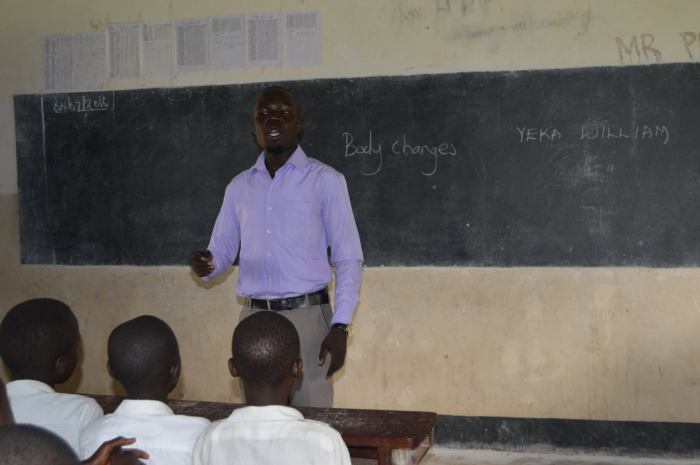
The Ministry of Education and Sports will starting this academic year roll out the new lower secondary school curriculum. It is to be implemented in a gradual manner starting with students joining senior one until the old curriculum is phased out.
The new curriculum has come up with changes such as reducing the number of subjects taught in senior one and two to 12. Of these, 11 will be compulsory and 1 optional. In senior three and four, students are to offer 7 compulsory subjects and 1 optional totaling to eight. This of course doesn’t seem to suggest a significant change from the old curriculum.
What however stands out is the reduction of the amount of time students spend in a classroom. Lessons will now stop at 2:50pm. Some schools currently keep students in class up to as late as 6pm, depriving learners the opportunity to engage in other equally important activities such as games and sports. A normal school day, according to the ministry will end at 4:30pm.
Students will be expected to use the period between 2:50pm – 4:30pm to engage in co-curricular activities such as games and sports, music, dance and drama, vocational studies among others. The activities will vary according to each ones interest.
More interesting is the fact that their involvement in such activities will be graded. According to the National Curriculum Development Center, class work will constitute 80 percent. The remaining 20 percent will be allocated for co-curricular activities.
Attaching marks to this means that schools will no longer have the excuse of forcing students to stay in class till late in the pretext of stuff such as evening prep etc. Learners unlike previously now have the chance to pursue their passions e.g. music while at the same time stay in school.
I’m particularly excited about the idea of students taking home two certificates after completion of ordinary level. The new curriculum has in a special way recognized the importance of hands-on skills and talent. A student who during the 4 years of lower secondary utilizes the time for co-curricular activities to acquire a skill such as building, motor vehicle mechanics etc. will at the end of O’level have the chance of being assessed by the Directorate of Industrial Training and if successful, be awarded a certificate.
This implies that he or she can take home two certificates, doubling the person’s chances of getting employed and becoming successful. However, for this ambitious curriculum to be successful, government must invest in various tools and equipment that the schools will need. Adequate funding to an already financially ailing sector is key.
My attention was recently drawn to a story about Sadio Mane, a Senegalese footballer plying with English Premier League Club Liverpool. The 27 year, thanks to his footballing exploits has been able to amass wealth which he is using to transform his community back home in Senegal. According to media reports, the newly crowned African Footballer of the year has constructed hospitals, football stadia and most recently, a city is to be named after him, even before clocking the age of 30.
This only goes to confirm that young people can still succeed if our education institutions support them to fully exploit their talents. I’m therefore glad that finally, the Ministry of Education and Sports has made a deliberate effort to integrate this in our school curriculum. Much as I feel this should have happened yesterday, we are not too late.


